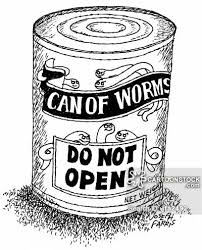Wondering what adjustments I will need to make to my tap water to make it suitable for a double chocolate Stout(Young's double chocolate clone).
My Tap water's profile is..
Alkalinity= 9.9ppm
Hardness= 13ppm
PH= 6.7
TDS= 21ppm
Calcium= 3.9ppm
Chloride=5ppm
Potassium=0.24ppm
Sodium= 2ppm
Sulphate= 0ppm
Boron= 0ppm
Bromide= 0ppm
My Tap water's profile is..
Alkalinity= 9.9ppm
Hardness= 13ppm
PH= 6.7
TDS= 21ppm
Calcium= 3.9ppm
Chloride=5ppm
Potassium=0.24ppm
Sodium= 2ppm
Sulphate= 0ppm
Boron= 0ppm
Bromide= 0ppm





















































![Craft A Brew - Safale BE-256 Yeast - Fermentis - Belgian Ale Dry Yeast - For Belgian & Strong Ales - Ingredients for Home Brewing - Beer Making Supplies - [3 Pack]](https://m.media-amazon.com/images/I/51bcKEwQmWL._SL500_.jpg)




